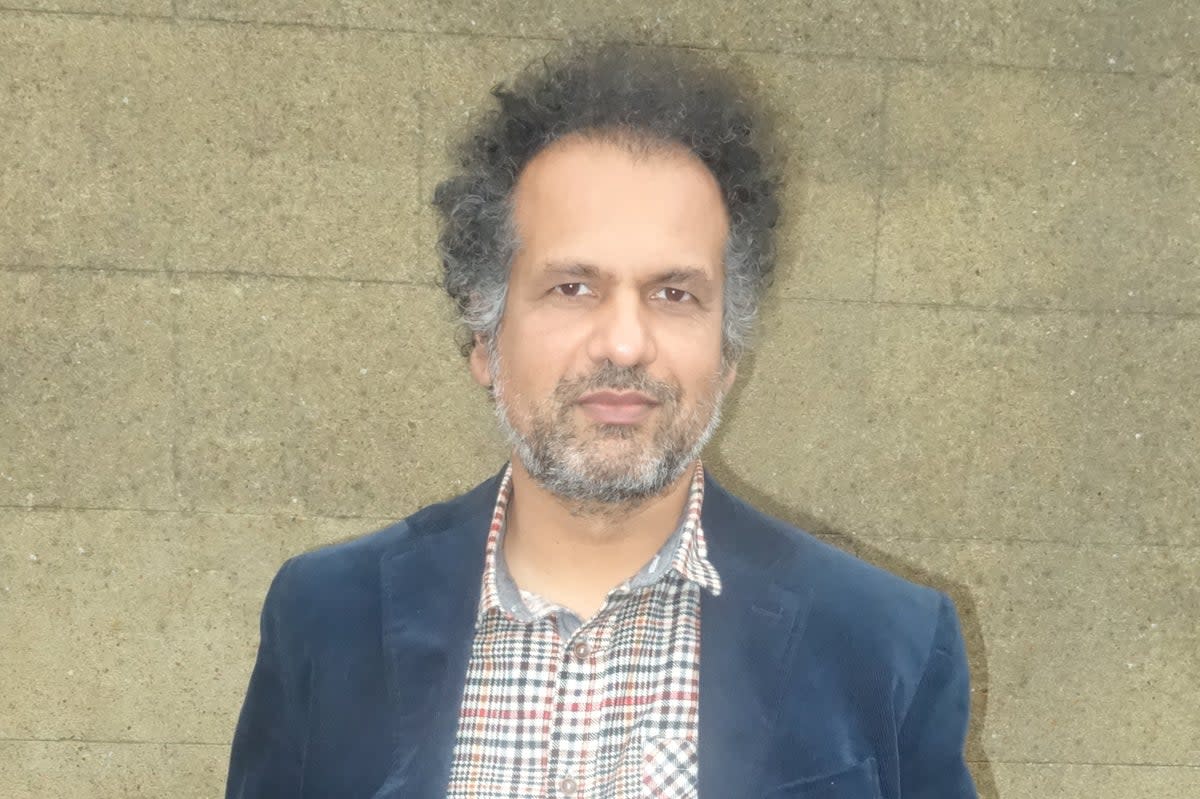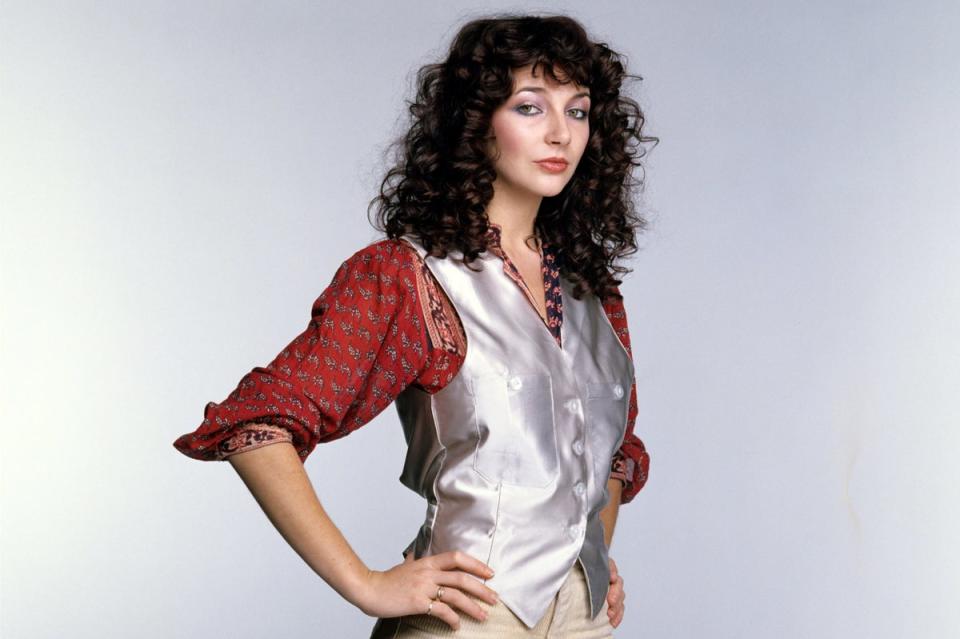OPINION - My daughter doesn’t see herself reflected in our history — that’s heartbreaking

They celebrated Windrush Day at my children’s school today. Windrush Day was introduced four years ago, on the 70th anniversary of the arrival of the Empire Windrush to Tilbury Docks, Essex and its aim is to “recognise and thank all those who arrived on Empire Windrush and their descendants, for the enormous contributions they made to Britain”. At my children’s school the day is being marked with a Caribbean Carnival complete with steel band and the children wearing colourful clothes and eating tropical fruit.
I am pleased the contribution of the Windrush generation is being celebrated. I would be lying however if I did not also feel a little sad that there is no equivalent day to mark the contribution made by those whose ancestors came from the Indian sub-continent. Sad that I had no answer when my daughter came home from school last year and asked me why there was a Black History Month but there was no Brown History Month.
There is South Asian Heritage Month, which begins on July 18 and ends August 17, but it is still relatively low-key and the fact that it runs almost entirely during the school holidays is not ideal. I wish we didn’t need such days and months — I wish we could all, regardless of background, feel comfortable with our multiple identities. But such things cannot be taken for granted.
About two years ago my daughter — who is of mixed Scottish/British Pakistani heritage — started to complain she didn’t like her brown skin. She wished to be white. When I pressed her on what it was she didn’t like about being brown, one answer she gave was that almost all of the authors of the books she read at school and the people whose lives she studied were white — or they were black. They were never brown.
I asked what would help her feel better about being brown. “Maybe if I knew about some heroic brown people,” she replied. How heart-breaking and depressing that children like my daughter were not seeing themselves reflected in the history they were taught.
In fact the history of Asians in Britain is filled with pioneering, extraordinary and, yes, heroic characters — and it stretches back much earlier than the Commonwealth migration of the Sixties, before the Raj to the days of Shakespeare.
Did you know, for instance, that the first known baptism of an Asian in London was in 1616, or that the first Asian to be elected MP entered Parliament in 1892, or that there were 300 Asians helping the British army at Dunkirk?
This is history that everyone in Britain, brown, white and black, would be enriched by knowing but it remains largely untold. Which is why children like my daughter can, even in 2022, feel less than wholly secure in their brown skin.
And that is why, while I welcome Windrush Day, I long for the day when the epic history and heroic contribution of Asians to Britain is also recognised and celebrated.
In other news...

I have been enjoying the resurgent popularity of Kate Bush, whose 1985 hit Running Up The Hill has found a new audience thanks to being featured in Netflix drama Stranger Things. That means for the first time this millennium I know what is number one in the charts. “It’s extraordinary,” Bush told Radio 4’s Woman’s Hour yesterday. “It’s so exciting. But it’s quite shocking, isn’t it?” I don’t think so. When my movie, Blinded by the Light, was released I assumed it would be popular with grizzled middle-aged Bruce Springsteen fans. In fact, it is a hit among teens who discovered Springsteen’s music through the film. While it is wonderful for a new generation to appreciate the music of my youth, they should be warned. In the same week in 1985 that Kate Bush was in the charts the Top 40 contained Tarzan Boy by Baltimora and I Speaka Da Lingo by Black Lace. Now if I could make a deal with God that those songs never again see the light of day...

 Yahoo News
Yahoo News 
